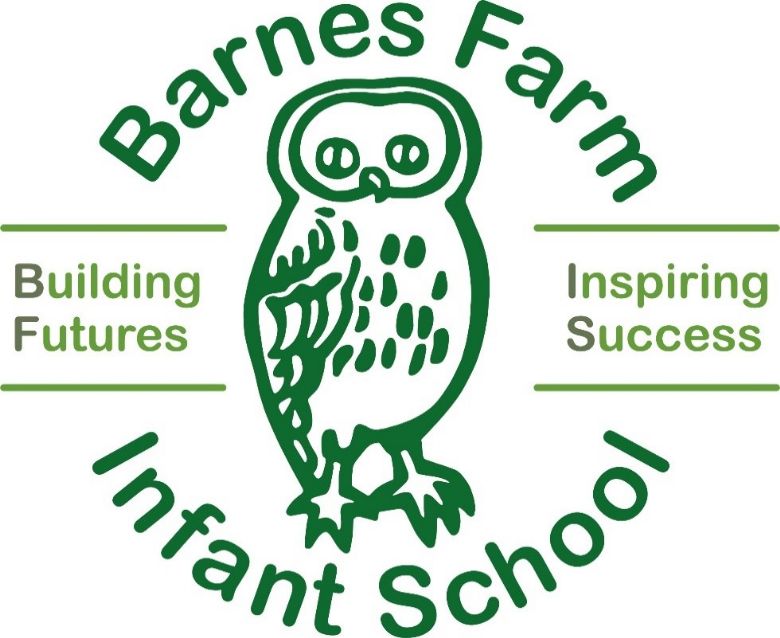|
|

How Writing (including Spelling and Handwriting) is taught at BFIS
Reception and Key Stage 1
What are we trying to achieve through our Writing Curriculum? What schemes we follow and why...
We teach the craft of writing at the heart of every subject and teach through a book-centred, topic based and Mantle of the Expert approach to learning. We aim ro develop writers who write for enjoyment with a real purpose through our creative curriculum.
We use Jonathan Bond’s English Planning kit which outlines a progressive term by term set of reading, writing, speaking and listening and spelling objectives based on the 2014 National Curriculum. The kit has been enhanced to make it bespoke to our school.
We follow Twinkle Continuous Cursive handwriting style from Reception through to Year 2 to develop a joined, legible handwriting script.
|
How our Writing Curriculum being delivered?
Our English curriculum is delivered through a topic, book-centred approach based on rich literature, Mantle of the expert and Talk for Writing. Mantle of the Expert allows for child-initiated writing experiences based on what our children are interested in. Throughout the year, our school trips enrich our English curriculum. Every day children in Key Stage 1 get an hour English lesson as well as extra smaller handwriting and spelling sessions. Every other week, our children will always write an extended piece of writing either in their topic or English book or in their Write to Impress books. Freedom is key to allow the children to develop their creative writing skills therefore are given lots of opportunities, especially when we are ‘in the Mantle’ to write in the forms of maps, letters, lists, stories and cards.
|
What difference is our curriculum making? What assessments we use? How we track progress...
Our children are engaged in their learning as they become ‘experts’ who read and write for a given purpose e.g. Archaeologists in Reception, Party organisers in Year 1 and Rainforest Explorers in Year 2. These experiences are memorable whilst providing a context for meaningful English practices.
Our English assessment is based on Jonathan Bond’s Planning Kit therefore ties in with termly objectives and outcomes in reading, writing, spelling, speaking and listening and grammar. Teachers track individual progress in writing by recording steps in learning on assessment grids in the Write to Impress books.
The Writing Checklist is a list of progression writing skills that are taught from the moment our children arrive in Reception class and is then handed to subsequent teachers to ensure progression and correct starting points for classes in the form of a classroom checklist displayed for all children to see.
|
Ways We Celebrate Writing at BFIS
We celebrate writing through certificates in assembly and through displays throughout the school. The children's writing will also be celebrated through the use of Golden Tickets. When marking the children's work, the teacher can award golden tickets by writing GT or GT x2 on the piece of work that the child has done particularly well.
|
How we make sure our Writing Curriculum meets the needs of all Learners...
English interventions groups are tailored to individual/group needs.
More able children are challenged within lessons through a choice of activity, more freedom to explore genres and vocabulary and are differentiated through outcome, support and task.
English wishes provide the teachers to personalise a child’s next step in their learning for example: Find 4 alternative synonyms for ‘happy’
|

